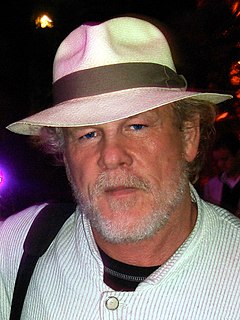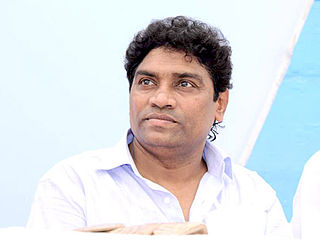A Quote by Katherine Helmond
Many times, when a director reads a script and wants somebody who says 'Far out', then they let me do what I want with it and that's usually more interesting for an actor.
Related Quotes
I am a fan of all genres. My big thing is to serve the purpose of the script and what the director wants. If it's a comedy, I want to be funny; if it's action, I want to bring the action. If it's drama, I want to be the catalyst for that drama. That's the fun part; it never gets boring being an actor.
The script [of Regression] wasn't the draw for me. It was largely Alejandro [Amenabar] and his way of talking. To hear him talking about the script was way more interesting than the script. He wrote it, and so, English is his second language. It's an interesting thing. I've had that before. I was directed by Alfonso Cuarón before, too. It's always interesting when you're being directed by somebody like that. So much of directing is about communication, and finding the right words, and what it means, and how to convey certain emotions and ideas.
Nobody wants somebody who wants them for what they have or the position their in- you want somebody who wants you for you. In case it all goes crazy and it all turns to dust. I want somebody who loves me in the welfare line, eating gumbo, eating fish,black eyed peas and rice. I want somebody that loves me. God wants you to love him, not his cars, not his house, not his blessing- love him.
I'm the type of actor that believes the director has to be in charge. I've been on sets where the actor's ego was the most important thing, and with a director that messes it up. But I don't like a dictator, I want it to be collaborative - the best idea wins. If I feel respected, and I'm going to give that back. If a director wants to try something, cool, I'll give it back. I also feel like they cast me for a reason, so I'm going to make my mark on it... let me do my thing.
There are directors, and I think this is true of all directors, it would be true if I was a director - If the actor didn't want to do what I was suggesting, I would let him do it his way, and then I would say to him, "Just give me one where you do what the director wants", and that, of course, is the take that's used.




































